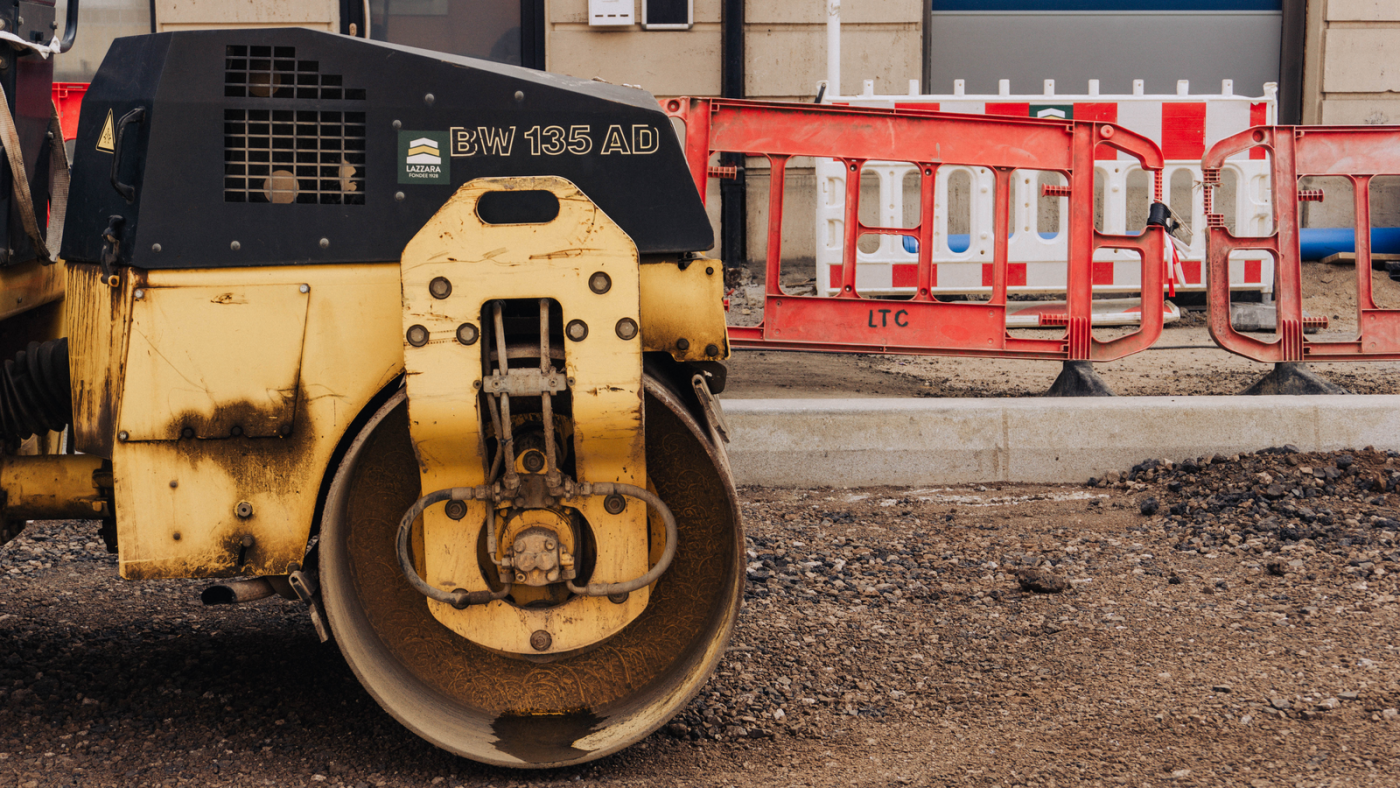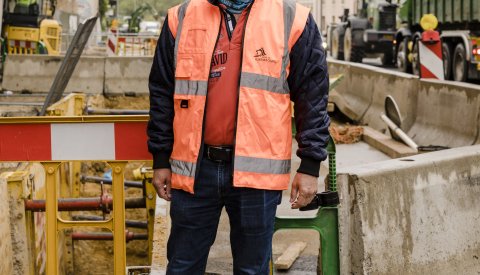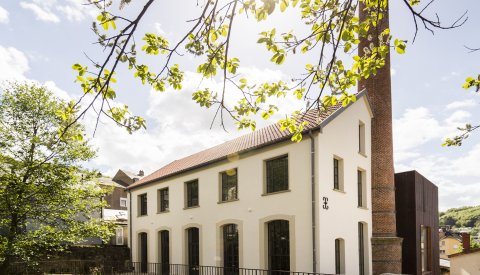Description
For many people, private gardens play an essential role in improving their quality of life.
Their ecological benefits are manifold: they produce oxygen, purify the air, contribute to biodiversity, and regulate temperature and humidity. This biodiversity also helps to protect the soil and make the atmosphere around living spaces more pleasant. There are many gardens in Luxembourg City, and most residents wish for their gardens to be aesthetically pleasing, while also preserving biodiversity.
Many of the large-scale roadworks projects in Luxembourg City can have an impact on these havens of nature, whether as a result of the roadworks themselves or works to connect private properties to utility networks.
To safeguard the interests of the capital's residents, the City of Luxembourg has established a charter setting out all the precautions that construction companies should take to protect privately owned green spaces.
Protection of trees
Trees are an integral part of our living environment. Their ecological benefits are manifold. Trees are also used as a technical means of improving soils and combating erosion, as well as providing protection against heat, rain, wind and even noise. What is more, trees are appreciated for their aesthetic appeal in public and private spaces.
While the ground conditions for trees are already often unfavourable in the city, damage may only manifest itself after a significant amount of time, eventually causing the tree's demise. It is therefore essential to take appropriate measures to protect trees as much as possible during construction work, in order to preserve their health and their valuable contribution to our environment.
A charter has been drawn up with guidelines on how to ensure the appropriate protection of our tree heritage.
Before the works
How to protect gardens when carrying out works
Conduct an assessment of the entire site before the works start
An assessment of the state of the front garden, with photos, should be undertaken by the construction company, in the owner's presence, before commencing the works to ensure that the garden is left in its initial state after the works have been completed.
During the works
Execution of the works in accordance with best practices
- Storage of construction equipment and materials.
- Store equipment and meterial away from plants, on a tarpaulin, without destroying or damaging existing vegetation.
- Avoid trampling existing plants
- Remove existing vegetation and store it correctly.
- Arable soil and plants should be removed and set aside; and watered, if necessary; or, as a last resort, plants and vegetation should be replaced by the construction company.
- Where possible, avoid driving works vehicles within the radius of root systems to avoid compacting the soil.
- Carry out excavation works by hand – or at least, prioritise doing so when possible – without damaging the vegetation around trenches.
- Protect tree trunks.
- Never store works-related equipment near tree trunks.
- Roots can get damaged. Avoid damaging roots when carrying out earthworks.
- Avoid cutting or damaging roots.
- If this is not possible, contact the resident to discuss to what extent damaged plants or trees could be replaced.
- Avoid polluting the soil.
- When filling in trenches, use as little sand as possible.
- Plants cannot grow properly unless the soil is rich in nutrients. Trenches should therefore be backfilled with high-quality arable soil, and when backfilling in vegetated areas the soil should not be mechanically compacted.
- Avoid mixing arable soil with sand and stones removed from trenches.
Once the works have been completed
An acceptance-of-works meeting between the owner of the property and the construction company should be held, referring to the initial state of the property to confirm that the works have been carried out in an appropriate manner.













